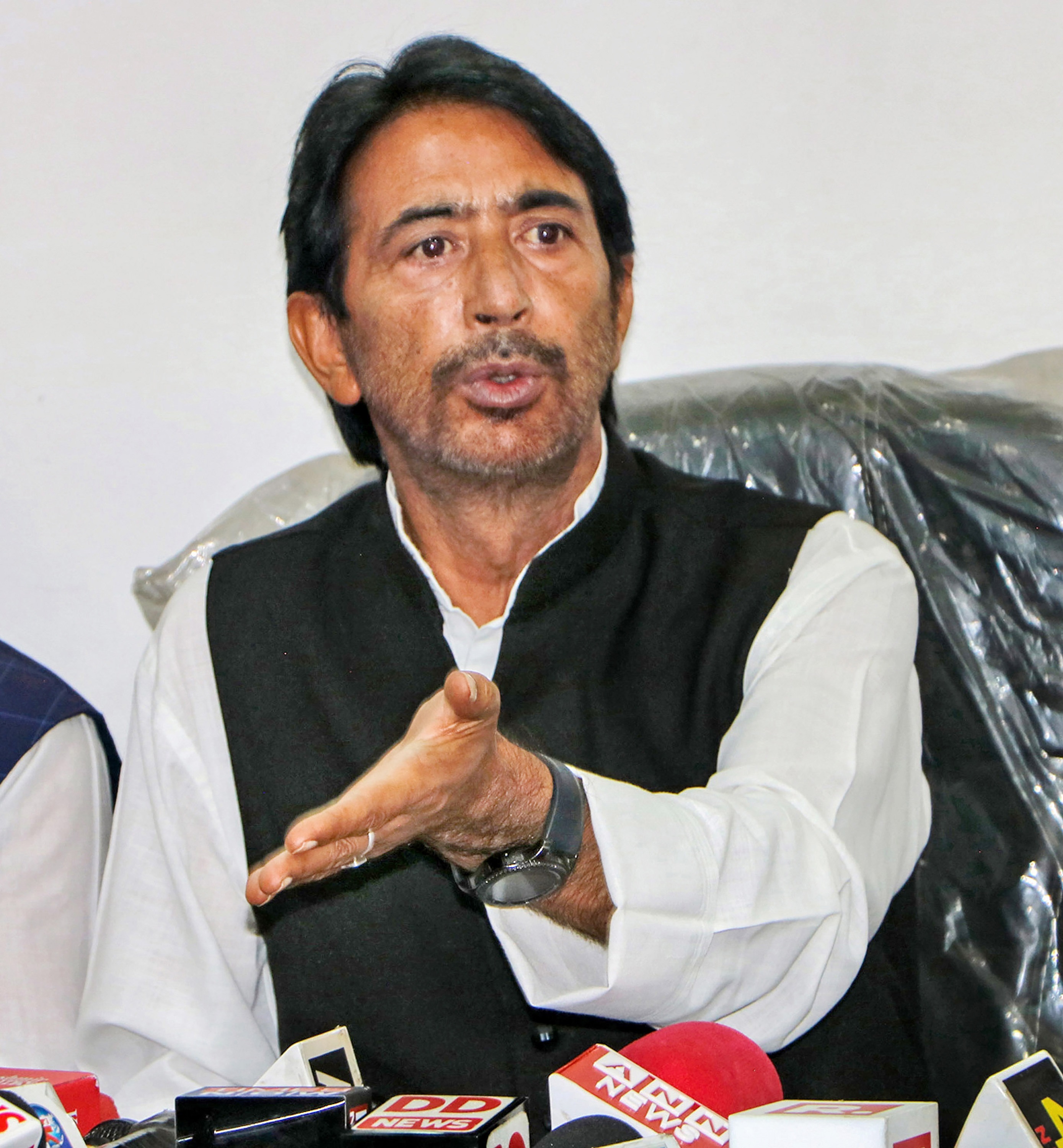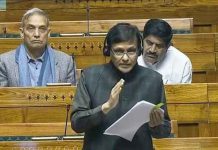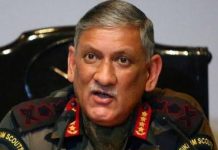
With the resignation of the state Congress president Ghulam Ahmad Mir, the Congress in Jammu and Kashmir has taken the first step to re-invent itself in the union territory. The resignation of Mir has resolved the rift within the state Congress, reports Riyaz Wani
With the resignation of the state Congress president Ghulam Ahmad Mir, the Congress in Jammu and Kashmir has taken the first step to re-invent itself in the union territory. Though a successor is yet to be chosen, it looks likely that the party would choose someone who has credibility and a mass following.
For now, however, the resignation of Mir has resolved the rift within the state Congress. Earlier this year, a section of the senior party leaders deemed close to top Congress leader Ghulam Nabi Azad had revolted against Mir, threatening a vertical split in the party. In December last year, Azad addressed around ten impressively attended rallies in parts of the Jammu division and southern Kashmir, something that at the time greatly contributed to the revival of political activity in the union territory.
While Azad may have lost the last parliamentary election to the current union minister Jitendra Singh, he enjoys a good deal of goodwill in parts of Jammu and Kashmir if not an easily identifiable support base. This is because he has always deftly straddled the political divide between Kashmir and Jammu. In Jammu, his pro-India credentials remain impeccable – an attribute now even certified by the Prime Minister Narendra Modi when he lavishly praised him in Parliament last year.
And, in Kashmir Valley, his advantage is that no one expects him to be adversarial towards New Delhi, a characteristic that is expected of every Kashmir based leader. So Azad’s involvement could be a key to Congress revival in the union territory. But the question is whether the Congress high command would appoint an Azad loyalist as the new state president? More so, at a time when Azad has fallen foul of the Gandhis and is part of the G23, the group of Congress leaders seeking reforms within the beleaguered national party.
Whatever decision the high command takes would be critical for not only the revival but also the survival of Congress in the union territory. The party has witnessed a steep fall in its electoral fortunes in the state turned union territory since the landslide victory of the BJP in the Jammu division in 2015 Assembly elections. The saffron party won 25 of the 37 seats in the division enabling it to be a part of the coalition government with the PDP which got 28 seats.
Earlier, from 2002-2015, Jammu and Kashmir has had three successive coalition governments – PDP-Congress, NC-Congress and PDP-BJP.
The coalitions began with the advent of the PDP in 1999. The party formed by the former Congress leader Mufti Mohammad Sayeed and his daughter Mehbooba Mufti morphed into a credible Opposition by 2002 when it ended the NC’s vaunted political hold on Kashmir in the then Assembly polls. The new reality turned Congress into a kingmaker over the following twelve years. With the Valley’s seats split between them, the NC and PDP were hardly in a position to form the government without Congress’s support. But in 2015 polls when Congress was decimated in Jammu, the BJP stepped into the breach, obliging the single largest party PDP to share power with the saffron party.
Ever since, the BJP has been on a roll not only in J&K but also across the country. Would the Congress mount a serious challenge to the party in the fresh assembly polls in the UT to be likely held later this year? This will largely depend on who is at the party’s helm in the UT and how the party will politically rejuvenate itself. And also, how far is Azad involved in the process. Congress’s electoral performance would be crucial in determining who rules J&K once Assembly polls are held.












